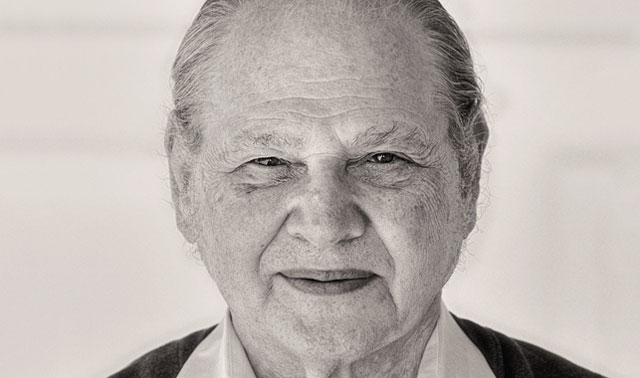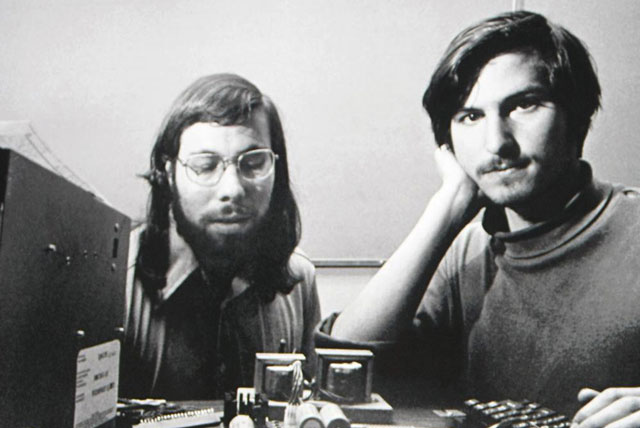
Ronald Wayne. Never heard of him, right? Most people haven’t. Yet he one of the triumvirate who co-founded Apple, alongside the two Steves — Jobs and Wozniak.
As Apple — today the world’s most valuable company by market capitalisation — celebrates the 40th anniversary of its 1 April 1976 founding, spare a thought for Wayne, who sold his 10% stake in the company two weeks after its founding for US$800.
If he’d held onto his stake, Wayne, 81, would today be a billionaire many times over.
Born in Cleveland, Ohio in 1934, Wayne worked with Jobs at Atari before co-founding Apple with Jobs and Wozniak. He designed Apple’s original logo — an elaborate drawing of Isaac Newton sitting under an apple tree — and also wrote the manual for the original Apple I computer.
An avid stamp and coin collector, he professes to have no regrets about his decision to sell his stake. He later accepted a payment of $1 800 for agreeing to forfeit any future claims against Apple.
He said in an interview for Own Linzmayer’s book, The Real Story of Apple Computer, Inc, that selling his shares was the “best decision with the information available to me at the time”.
He’d had a previous business failure and felt the risks of staying invested in Apple were high. He left the company soon after it was founded to return to Atari, resisting efforts by Jobs to lure him back.

In his book, Linzmayer writes: “Just as Soviet propagandists doctored photos to remove party members who had fallen out of favour, Apple suffers from a convenient case of institutional amnesia by routinely ignoring the fact that when Apple was originally founded as a partnership on April Fools’ Day 1976, there were three founders: Woz, Jobs and a fellow by the name of Ronald Gerald Wayne, 41.”
The book says Wayne had undergone the “emotionally painful” experience of folding Siand, his own Las Vegas-based engineering company, and didn’t want to risk another financial failure. “On 12 April — less than two weeks after Apple’s founding — he renounced his 10% interest for a one-time payment of $800.”
Wayne said: “If Apple had failed, I would have had bruises on top of bruises. Steve Jobs was an absolute whirlwind and I had lost the energy you need to ride whirlwinds.”
According to Linzmayer, Wayne opened a small store in 1980 dealing in stamps, coins, and other collectibles. “Wayne’s Philatelics became so successful in just two months that he quit his job at Lawrence Livermore Labs.” — © 2016 NewsCentral Media

